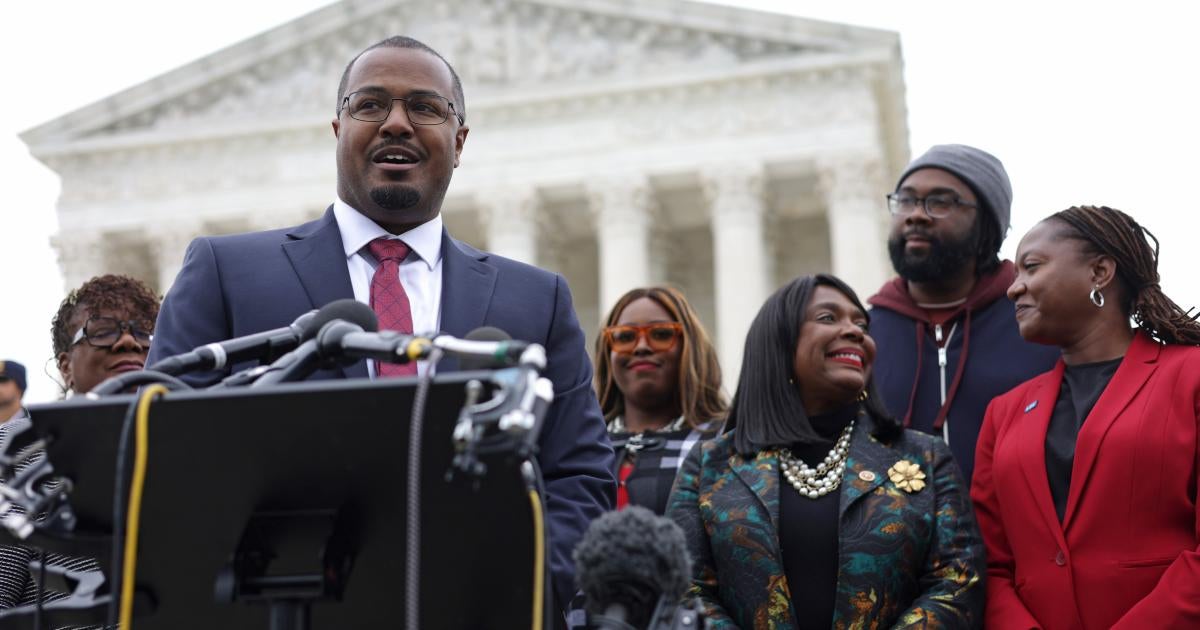In a victory for the right to vote, on June 8, the United States Supreme Court held in Allen v. Milligan that Alabama’s Congressional voting district map violates the Voting Rights Act of 1964. In a 5-4 opinion, the Court upheld the findings of a lower court which had also rejected the map as an abusive attempt to dilute Black political power through racially discriminatory gerrymandering.
The map, adopted by the Alabama legislature and signed into law in November 2021, contained six majority-white districts and one majority-Black district. Black residents make up more than one-quarter of the state’s population.
The Supreme Court opinion acknowledges that Alabama’s “Black Belt” is a “community of interest” whose political representation must be protected. The rural region is called the Black Belt both because of its black fertile soil and its majority Black population. Many residents are descendants of enslaved African people who toiled the land during chattel slavery, tenant farming, and sharecropping. Despite producing great wealth for the region, Black Belt residents continue to experience the country’s most extreme poverty, poor health outcomes, including high cervical cancer mortality rates, and premature deaths. The gerrymandered dilution of their vote has effectively prevented them from political representation of their needs in Congress.
Dozens of pro-democracy organizations, including Alabama Forward, Alabama Values, the Legal Defense Fund, and the ACLU of Alabama launched the Power on the Line campaign in 2022 to highlight the role redistricting plays in protecting civil and human rights. The Power on the Line campaign mobilized hundreds of citizens across the South to advocate for fair representation.
Though far more needs to be done, the Court’s ruling is aligned with a recommendation made in September 2022 by the United Nations Committee on the Elimination of Racial Discrimination to the US to “end unreasonable restrictions on the right to vote … affecting racial and ethnic minorities.” Another key step in securing the right to vote lies with Congress, which should pass the John Lewis Voting Rights Act and the For the People Act, which would increase federal oversight of state elections.
In the coming months, voting rights advocates and human rights defenders will push the Alabama legislature to draw a new map that fairly represents Black voters. Ordered by the Court, this action is required for Alabama and the US to move closer to a healthy democracy, one where all communities are heard.



